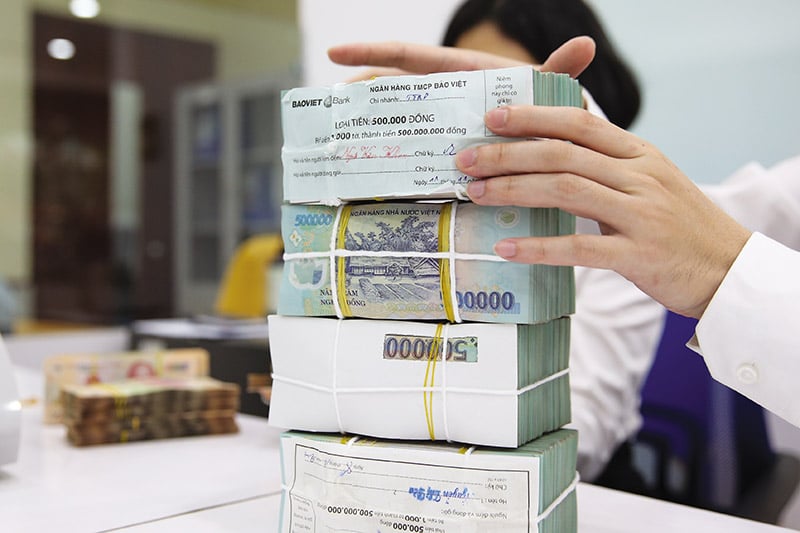 |
| When lending, in addition to the purpose of profit, banks must also consider the ability to recover capital and the customer's ability to repay. |
Many opinions on the regulation that "only houses" cannot be seized
The State Bank is seeking comments on the Draft Decree regulating the conditions for collateral assets of bad debts to be seized. Accordingly, to avoid illegal possession or abuse of power, the Draft provides specific regulations on the conditions for seizure. One of the controversial conditions for seizure is: the collateral asset must not be the sole residence of the guarantor.
The State Bank proposes to define the concept of “sole residence” as the sole construction owned by the guarantor, where the guarantor resides and lives stably, permanently or regularly.
According to lawyer Nguyen Thanh Ha, Chairman of SBLAW Law Firm, this is a very humane proposal in seizing secured assets. “Implementing this regulation will ensure people have the right to housing, not impoverishing debtors,” lawyer Nguyen Thanh Ha commented.
However, in an interview with Dau Tu Newspaper, Dr. Nguyen Quoc Hung, Vice President and General Secretary of the Vietnam Banking Association, said that many commercial banks do not agree with this regulation. Protecting citizens' housing rights as stipulated in the Constitution is correct, but the regulations must also be reasonable to ensure the harmony of interests between borrowers and lenders.
“There are customers who only have one house, but that property is worth up to hundreds of billions of VND. If the customer mortgages this collateral to borrow money, but does not repay the debt, and does not hand over the property to the bank for handling, it is very unreasonable. To ensure housing rights for customers, the bank can buy a house of lower value for the customer to live in, and at the same time seize that collateral to handle bad debt. A house of thousands of square meters, worth thousands of billions of VND or a house of 10 square meters is still a house. The draft Decree needs more reasonable regulations to ensure the rights of the guarantor and the secured party,” Mr. Hung suggested.
Lending conditions may be tightened
The leader of a private joint stock commercial bank expressed that if the provisions in the Draft Decree on the conditions of collateral for bad debts to be seized come into effect (banks are not allowed to seize collateral that is “the only house”), banks will limit lending to customers who have only one house and give priority to customers who have two or more houses. This will cause difficulties for both banks and customers.
- Dr. Nguyen Quoc Hung, Vice President and General Secretary of Vietnam Banks Association
 Debt collection is a big challenge for credit institutions in the context of having to both promote credit growth and control bad debt.
Debt collection is a big challenge for credit institutions in the context of having to both promote credit growth and control bad debt.The Vietnam Banking Association is drafting a specialized code of conduct in the field of debt collection. This is not a legal document, but an internal guideline document, aiming to build civilized and transparent standards of conduct, in accordance with current regulations and international practices. The goal of the code is to standardize behavior, improve professionalism, and at the same time strengthen the trust of customers and society in the humanity of the banking system.

Lawyer Nguyen Thanh Ha also said that if this regulation is put into practice, it will cause difficulties for credit institutions when seizing secured assets.
“In response to this regulation, credit institutions may tighten lending regulations, because when lending, in addition to the purpose of profit, banks must also consider the ability to recover capital and the ability to repay debts of customers. Thus, the credit appraisal process will be more difficult. These are two sides of an issue that we need to consider when drafting the Decree,” commented lawyer Nguyen Thanh Ha.
In addition to the regulation on “sole housing”, the Draft Decree also stipulates that banks are only allowed to seize secured assets that are not the main or only working tools of the guarantor. On this issue, commercial banks also expressed their views that it should be regulated in the direction of “secured assets that are not the main or only working tools of the guarantor”.
For example, the “tool of labor” used by the customer as collateral is a fishing boat or a cargo barge. In case the fishing boat or barge is in operation and is the customer’s sole means of livelihood, it is correct to prohibit the bank from seizing it. However, in case the collateral has been “exposed to the sun” for a whole year and is not used, the bank should be allowed to seize it to settle the debt.
In fact, most banks do not pay much attention to "labor tools" when lending, but only focus on real estate as collateral, because this is a highly liquid asset and often only increases in price, rarely decreases in price.
According to the State Bank, the issuance of specific regulations on the conditions of collateral for bad debts to be seized is to avoid illegal possession or abuse by creditors that can create conflicts between people, even parties not participating in credit transactions.
However, banks believe that the right to seize collateral is only a “psychological therapy”, a legal tool to avoid cases of customers breaking trust, so that customers are more conscious of paying their debts. Each credit institution has very strict, public, and transparent internal regulations on seizing collateral, making it difficult to abuse power. Seizing collateral is offensive and can easily lead to serious consequences, so only in “unfortunate” cases do banks use this measure.
Source: https://baodautu.vn/khong-duoc-thu-giu-tai-san-bao-dam-la-nha-o-duy-nhat-ngan-hang-co-the-siet-chat-cho-vay-d366624.html






![[Photo] Solemn opening of the 1st Government Party Congress](https://vphoto.vietnam.vn/thumb/1200x675/vietnam/resource/IMAGE/2025/10/13/1760337945186_ndo_br_img-0787-jpg.webp)










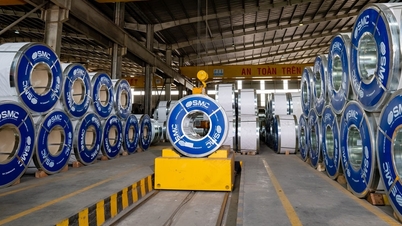





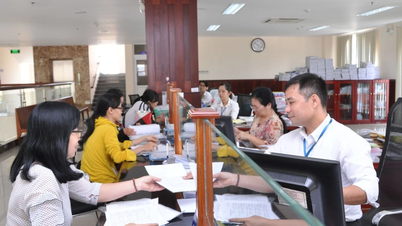

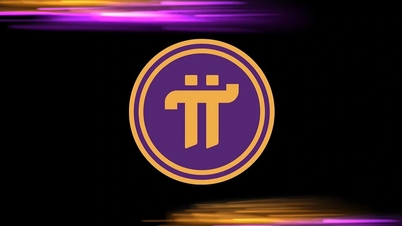










![[Photo] General Secretary To Lam attends the opening of the 1st Government Party Congress](https://vphoto.vietnam.vn/thumb/1200x675/vietnam/resource/IMAGE/2025/10/13/1760321055249_ndo_br_cover-9284-jpg.webp)


























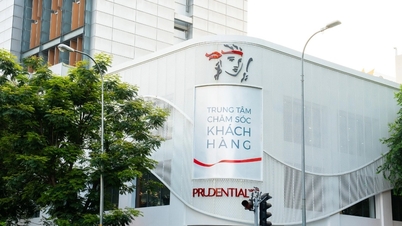








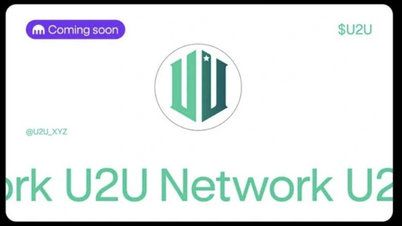






































Comment (0)